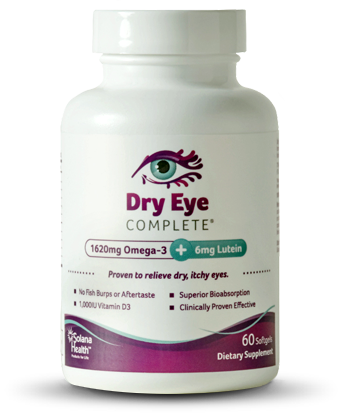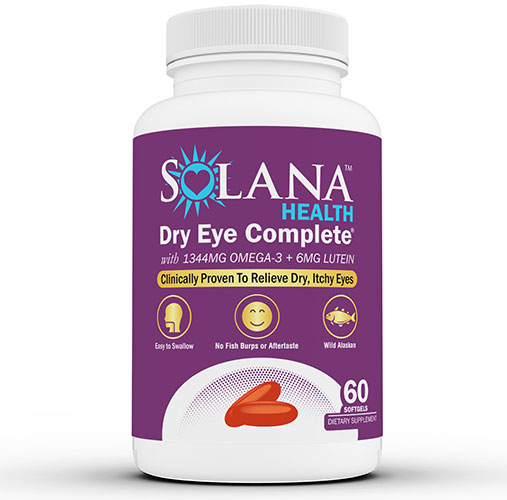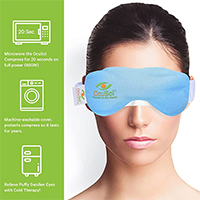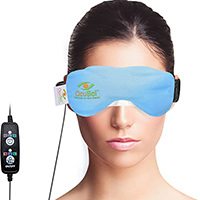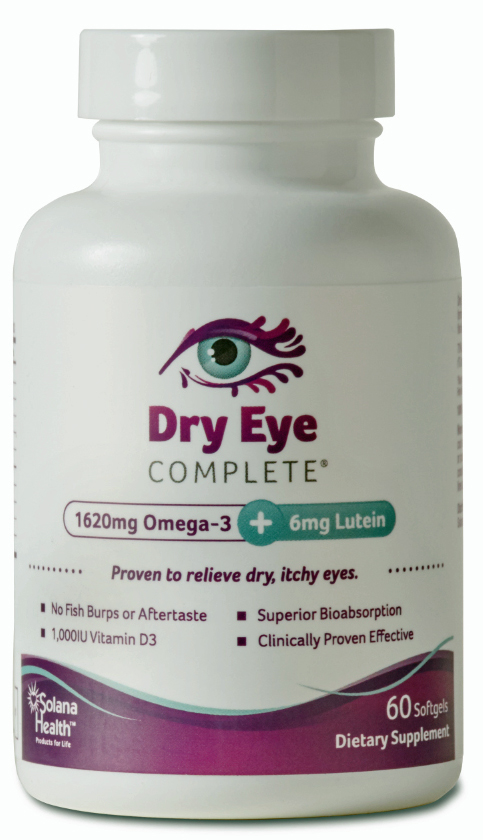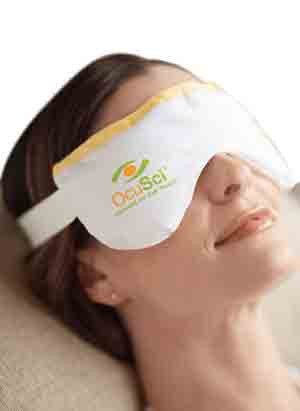It is quite rare for people to experience problems with their contact lenses. If problems do occur, it is usually because users do not follow the recommended hygiene procedures. This is why it is so important that you pay close attention to the advice provided to you by your optician, and that you read the instructions provided to you in terms of lens care. Sometimes, lenses cause a bit of redness and discomfort. Generally speaking, this is caused by a damaged, dusty, or dirty lens. Simply removing the lens will be enough to improve the situation.
What Causes Discomfort with Contact Lenses?
There are many reasons as to why your contacts may feel uncomfortable. If a lens works properly, it may have to be looked after in the right way, both in terms of maintenance and regular replacement. These instructions exist to ensure that your eyes remain healthy, and that your lenses are always comfortable. You can experience vision and comfort problems, as well as other issues, if you don’t follow these instructions.
Common symptoms of contact lens discomfort include:
- Irritation or pain of the eye, including itching, burning and stinging
- Feeling the contact lens more than before
- Feeling like there is a scratch on the eye, or a foreign body in the eye.
- Excessive tearing
- Unusual discharge
- Redness
- Poor visual activity, whereby sharpness is reduced
- Seeing halos or rainbows
- Blurry vision
- Photophobia
- Dry eyes
If you ever notice these symptoms, you should start by removing the lens. If you notice that the discomfort stops as well, it is most likely that there is a problem with the lens itself. Check it for damage and if you spot anything, discard it. If there is some form of dirt on the lens, you should be able to clean it properly and then put it back. After that, if you find that the problem continues, you must remove the lens and speak to your optician.
It is possible that you have a more serious underlying condition, which could be corneal ulcer, neovascularization, or iritis. This is why you must then keep the lens out and seek professional help so that you can also receive the appropriate treatment.
Let’s take a look at some of the most common causes of discomfort for lens wearers.
#1 Poor Fit
When you visit an optician, the shape and size of your eyes, which are completely unique, will be measured. Your lens, therefore, has to be equally unique. A range of measurements are taken to make sure your lenses fit properly, but mistakes can be made.
Symptoms include:
- Irritation
- Mild pain
- Feeling like there is a foreign body in the eye
- Vision fluctuations
Treatment means speaking to your optician, who will look at your eyes and make new suggestions for different lenses, so that the fit is right. You have to have this done as soon as possible, because if your lens doesn’t fit properly, you may suffer corneal abrasions.
#2 Dry Eye Syndrome
Dry Eye Syndrome, or DES, is a very common problem. People who wear contact lenses are at particular risk of it, so much so, in fact, that the condition is known as ‘contact lens associated dry eyes’. People with DES either produce insufficient tears, or one of the three elements of their tear film (water, lipid, or nutrient) is inadequate. DES can be associated with a range of medical conditions, as well as being caused by environment, lifestyle choices, and age.
Some common symptoms of DES include:
- Discomfort
- Dry eyes
- Tired eyes
- Excessive watering
Treatment of DES is generally down to a rewetting solution, or artificial tears. Not all over the counter eye drops are suitable for contact lens wearers, however. This is why you have to speak to your optician, so that you receive solid advice on which product you should use.
#3 Allergies
If your eyes come into contact with things such as smoke, dander, or dust, they may become irritated. This is particularly true for those wearing contact lenses, as the allergens will stick to the lens’ surface. This can cause significant irritation.
Symptoms of allergies include:
- Dryness
- Watering
- Irritation
- Redness
Usually, if you clean your lenses every day as instructed, you should not have a buildup on your lens that causes the irritation. However, if you already suffer from allergies, this may not be enough. You may want to try switching to daily disposable lenses instead. You may also want to consider antihistamine eye drops, although you should wait at least 20 minutes after using them before you insert your lens.
#4 Other Conditions
It is also possible that your irritation is not caused by your contact lenses, but rather by an underlying condition. If you notice redness in your eyes, and particularly if you notice any type of discharge, you must seek medical attention. It is possible that you have an underlying disease or infection that requires treatment. The most important thing in this case is that you remove your contact lenses and dispose of them. If you do have a viral, bacterial, or parasitic infection, the infection can stay on your lens, meaning you will re-infect yourself with it.
Corneal infection is also possible. This is incredibly rare, affecting just 4 in every 10,000 contact lens wearers. This can lead to vision loss. This is also rare, affecting just 6 in every 100,000 contact lens wearers. However, it is always better to be safe than sorry, and you don’t want to risk having permanent vision loss.
How to Avoid Irritation
There are a few things you can do in order to avoid irritation and discomfort. These include:
- Taking proper care of your lenses, ensuring you follow all the hygiene recommendations.
- Regularly changing your contacts, as instructed by your optician.
- Switching to daily disposable contact lenses.
- Only buying lenses from registered opticians.
How to Resolve Discomfort and Irritation
There are a number of options for you if you do experience irritation:
- Artificial tears, which help to resolve dryness. Do make sure that they are suitable for contact lenses, however.
- Nutritional supplements, which help to improve the overall health of your eyes. Omega 3 fatty acids and flaxseed oil are particularly useful.
- Punctal occlusion, which is a medical procedure in which your tear duct is blocked so that your tears can no longer evaporate as quickly.
- Contact lenses designed specifically for dry eyes. These have a different water content and remain more comfortable. Alternatively, you could try silicone hydrogels, which some manufacturers are now producing.
- Changing your care products. Sometimes, the irritation is caused by using a solution that your eyes do not like.
- Orthokeratology, which is a procedure in which you are fitted with overnight gas permeable contact lenses. While you sleep, the front surface of your eye is reshaped in a gentle way. This means that you do not have to wear contacts during the day.
The key factor, however, is that if you are ever in any kind of doubt, you should immediately take your contacts out.
Resources and References:
- Contact Lens Problems – Information on potential problems with contact lenses. (Patient Info)
- Contact Lens-Related Eye Infections – Eye infections due to contact lenses. (American Academy of Ophthalmology)
- Contact Lenses: When a Solution Is the Problem – Contact lens solution as potential problem. (American Academy of Ophthalmology)

